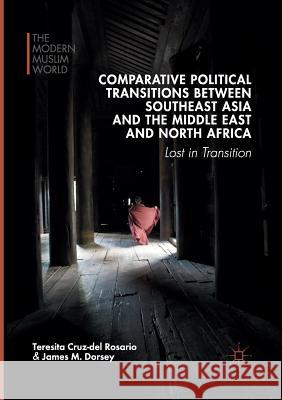Comparative Political Transitions Between Southeast Asia and the Middle East and North Africa: Lost in Transition » książka
topmenu
Comparative Political Transitions Between Southeast Asia and the Middle East and North Africa: Lost in Transition
ISBN-13: 9781349953882 / Angielski / Miękka / 2018 / 165 str.
Comparative Political Transitions Between Southeast Asia and the Middle East and North Africa: Lost in Transition
ISBN-13: 9781349953882 / Angielski / Miękka / 2018 / 165 str.
cena 200,77
(netto: 191,21 VAT: 5%)
Najniższa cena z 30 dni: 192,74
(netto: 191,21 VAT: 5%)
Najniższa cena z 30 dni: 192,74
Termin realizacji zamówienia:
ok. 22 dni roboczych
Dostawa w 2026 r.
ok. 22 dni roboczych
Dostawa w 2026 r.
Darmowa dostawa!
Kategorie BISAC:
Wydawca:
Palgrave MacMillan
Seria wydawnicza:
Język:
Angielski
ISBN-13:
9781349953882
Rok wydania:
2018
Wydanie:
Softcover Repri
Ilość stron:
165
Waga:
0.22 kg
Wymiary:
21.01 x 14.81 x 0.97
Oprawa:
Miękka
Wolumenów:
01
Dodatkowe informacje:
Wydanie ilustrowane











